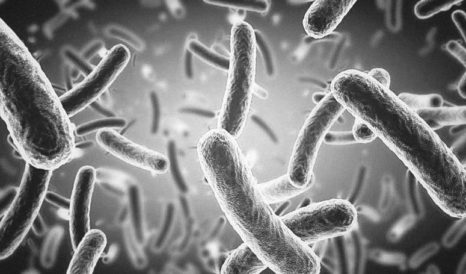The Running Bug
Can the microbes in your gut affect your athletic prowess?

The expression ‘you are what you eat’ has become more fine-tuned in recent years. These days, it’s more about ‘you are what lives on what you eat’. The microbes that exist in our intestinal tract have a huge impact on our ability to digest food properly, but also on our overall health. Get the balance right, say the gut flora experts, and you are on track for excellent health. And gut flora doesn’t just impact our general health – it’s been discovered that certain types of microbes can improve our physical performance.
Tests were made from faecal samples from fifteen runners who took part in the Boston marathon with those of non-runners to assess their gut flora.
In the athletes, the scientists discovered, there was an abundance of an organism villonela – and it spiked after the race. This particular microbe breaks down lactate (also described as lactic acid), which is a by-product of exercise. If lactate is not removed it accumulates in the blood and causes fatigue.
The Harvard University research team isolated villonela and administered it to mice. Half the mice received the organism and half were given another microbe that did not metabolise lactate. All of the mice were put on a treadmill test, and the mice with villonela ran 13% longer than the rest. The Harvard University research team has now developed a company to find ways of using this to enhance human endurance. This finding is fascinating and sits nicely alongside the findings of Professor Tim Spector, professor of Genetic Epidemiology and his famous book ‘The Diet Myth’.
